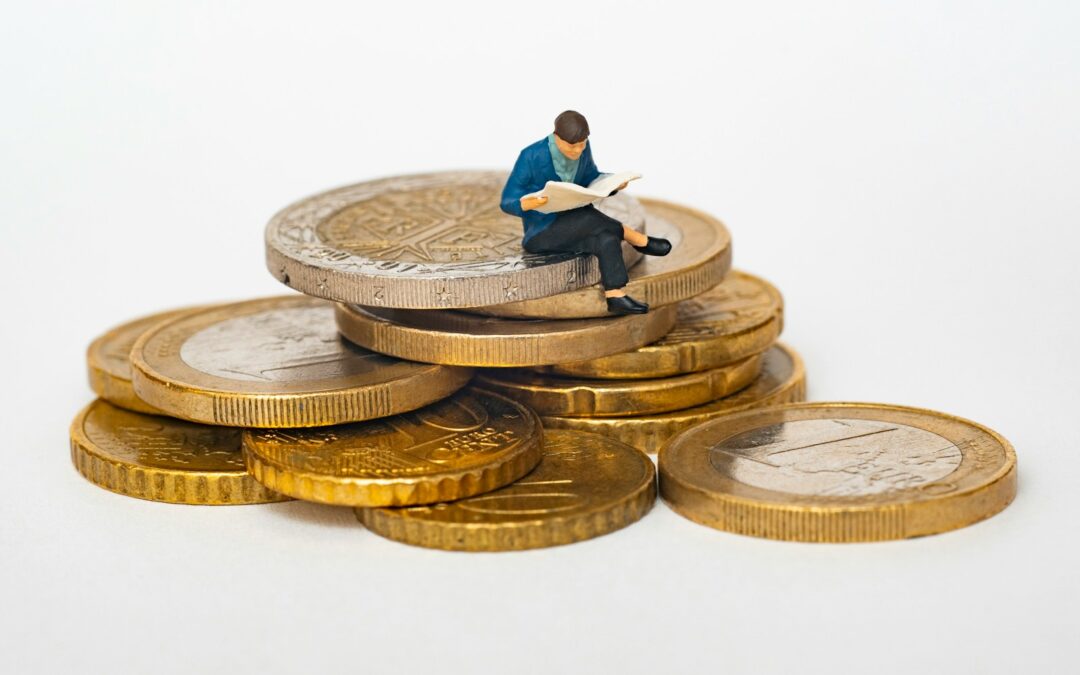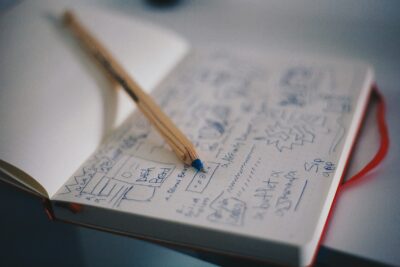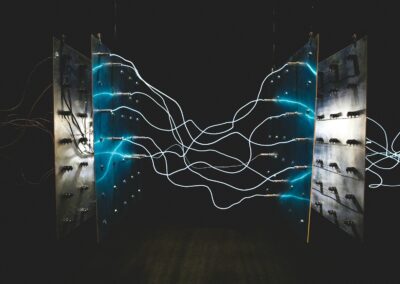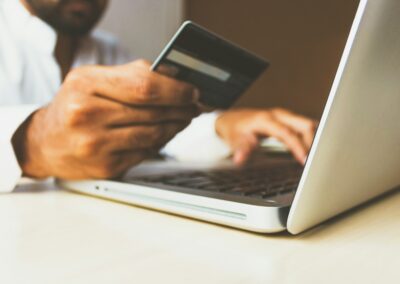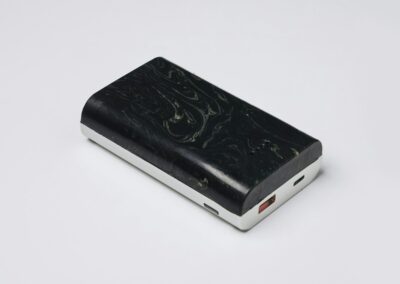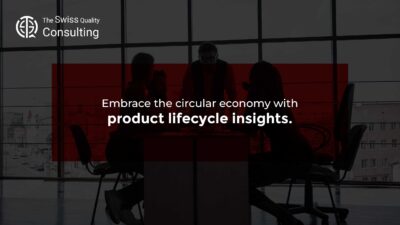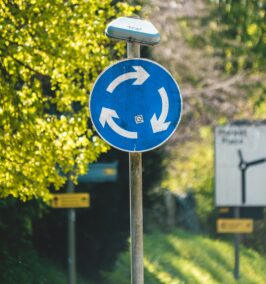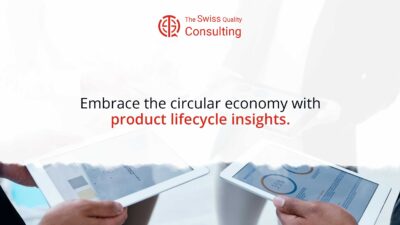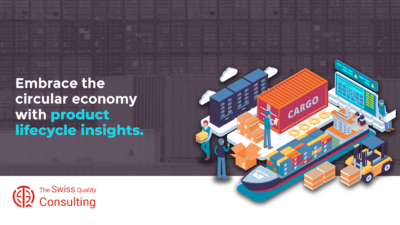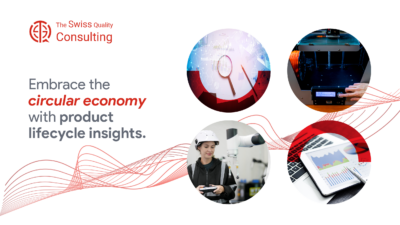Leveraging Blockchain for Sustainability and Waste Reduction
Introduction to Blockchain in Circular Economy
Blockchain in circular economy practices offers a transformative approach to ensuring sustainability and reducing waste. By providing an immutable and transparent ledger, blockchain technology allows companies to track and verify their circular economy initiatives accurately. The case study of Circularise, a blockchain-based platform, exemplifies how this technology can be used to enhance sustainability practices. In regions like Saudi Arabia and the UAE, where environmental sustainability is becoming increasingly important, adopting blockchain can significantly contribute to waste reduction and resource efficiency. This not only supports regulatory compliance but also enhances business reputation and consumer trust.
The Role of Circularise in Tracking Circular Economy Practices
Circularise has developed a unique blockchain solution that enables companies to track the lifecycle of products and materials, ensuring that circular economy practices are followed. This platform uses blockchain to provide transparency and traceability, allowing stakeholders to verify the sustainability of products from production to disposal. For businesses in Riyadh and Dubai, this means they can confidently demonstrate their commitment to sustainability. By providing verifiable proof of circular economy practices, companies can enhance their environmental credentials and attract environmentally conscious consumers. Circularise’s solution also helps businesses identify inefficiencies and optimize their use of resources, contributing to overall waste reduction.
Ensuring Transparency and Accountability
One of the key benefits of using blockchain in circular economy practices is the enhanced transparency and accountability it provides. Traditional supply chain management systems often suffer from a lack of visibility and control, leading to inefficiencies and waste. Blockchain addresses these issues by creating a decentralized and tamper-proof record of all transactions and activities. This ensures that all stakeholders, including consumers, regulators, and investors, have access to accurate and reliable information about a company’s circular economy initiatives. In the UAE and Saudi Arabia, where regulatory compliance and sustainability are top priorities, blockchain technology can play a crucial role in ensuring that businesses meet their environmental goals.
Innovating with AI and Blockchain
The integration of Artificial Intelligence (AI) with blockchain technology offers significant opportunities for enhancing circular economy practices. AI can analyze data collected through blockchain to identify patterns, predict trends, and optimize operations. This synergy allows businesses to make more informed decisions and improve the efficiency of their circular economy initiatives. For instance, AI can help identify the most sustainable sources of materials and optimize recycling processes. In Saudi Arabia and the UAE, where technological innovation is a key driver of economic development, leveraging AI and blockchain can enhance business success and sustainability. Companies that adopt these technologies can lead the way in environmental stewardship and resource efficiency.
Leadership and Change Management in Implementing Blockchain Solutions
Successful implementation of blockchain solutions for circular economy practices requires strong leadership and effective change management. Business executives and mid-level managers in Saudi Arabia and the UAE must be equipped to lead their organizations through this technological transformation. Executive coaching services and management consulting can provide the necessary support, helping leaders to develop the strategic vision and communication skills needed to drive change. By fostering a culture of innovation and continuous improvement, businesses can ensure the success of their blockchain initiatives. Effective leadership is crucial in overcoming resistance to change and ensuring that all stakeholders are aligned with the company’s sustainability goals.
The Future of Circular Economy with Blockchain
The future of circular economy practices is closely linked to advancements in blockchain technology. As blockchain continues to evolve, it will offer even greater capabilities for tracking and verifying the sustainability of products. Innovations such as the integration of the Metaverse and Generative Artificial Intelligence (GAI) can further enhance the functionality of blockchain in circular economy practices. For example, the Metaverse can provide a virtual platform where stakeholders can visualize and interact with the entire lifecycle of products in real-time. GAI can generate predictive models to optimize resource use and reduce waste. By staying at the forefront of these technological advancements, businesses in Riyadh, Dubai, and beyond can continue to lead in sustainability and circular economy practices.
#Blockchain #CircularEconomy #Sustainability #WasteReduction #BusinessInnovation #SaudiArabia #UAE #Riyadh #Dubai

